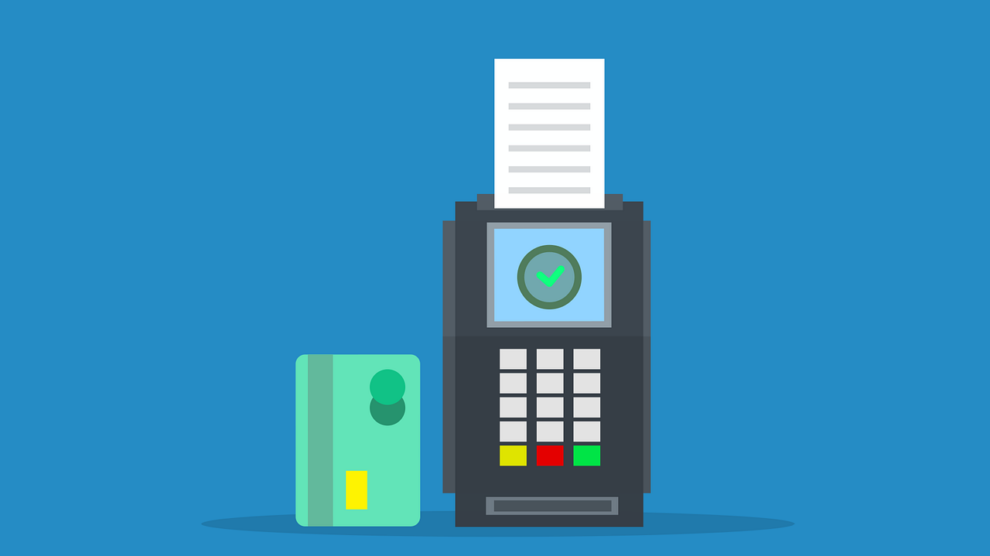As the world advances in digitalization, fintech software development becomes a fascinating and rapidly evolving field that leverages technology to innovate and disrupt the financial services industry. The global fintech software market is poised for significant growth, with a projected CAGR of 8.82% from 2022 to 2027, translating to a market expansion of USD 24.3 billion.
Fintech software development services providers help banks and other financial institutions with banking, investments, analytics, payments, etc. Let’s explore some key aspects of FinTech software development together!
What is Fintech Software Development?
Fintech software developers create software solutions specifically designed for financial services. These solutions aim to enhance efficiency, accessibility, and innovation in areas like:
- Banking: mobile banking apps, online payment systems, digital lending platforms, robo-advisors;
- Investments: online brokerage platforms, wealth management tools, crowdfunding platforms;
- Insurance: policy management systems, claims processing platforms, personalized insurance offerings;
- Payments: mobile wallets, contactless payments, international money transfers;
Financial software makes people’s lives easier, saving time, timely informing customers, and facilitating payments and investments.
Advantages of Fintech Software Development
Fintech software development has revolutionized the financial sector, offering numerous advantages for businesses and users. The significant benefits are:
- Improved user experience: fintech software offers user-friendly and convenient financial services through mobile apps and online platforms. Banking personalization, for example, provides customized financial advice and support, winning clients’ loyalty and trust;
- Reduced costs: specialized software automates processes, streamlines operations, and leverages data insights to lead to cost optimization;
- Increased access to financial services: the app reaches unbanked populations and offers broader financial inclusion;
- Enhanced security: the software utilizes advanced security measures to protect financial data and transactions. As the doubling of digital transactions from 2019 to 2022 fueled an 80% surge in suspected digital fraud attempts globally, according to the report, security and privacy remain the primary concerns in the industry;
- Innovation and disruption: new technologies drive new financial products and services, shaping the future of finance. The introduction of modern technologies such as AI, ML, and cloud computing continues to change the financial landscape.
Key Technologies in Fintech Development
The Fintech industry is experiencing rapid expansion and innovation, driven by emerging technologies. They are transforming how financial services are delivered, accessed, and used, creating exciting opportunities for businesses and consumers.
Cloud computing
Cloud computing enables scalability, agility, and cost-effectiveness for fintech solutions. Cloud is good for Fintech for the set of features, which include:
Scalability: fintech startups can scale resources up or down rapidly based on demand, avoiding hefty upfront investments and hardware complexities. This elasticity is crucial for growth and managing peak traffic.
Cost-effectiveness: the pay-as-you-go model reduces infrastructure costs and eliminates hardware maintenance expenses. Startups can focus their resources on development and innovation instead of infrastructure management.
Security: cloud providers invest heavily in robust security measures and compliance certifications, offering a superior level of data protection compared to on-premise solutions.
Agility: rapid deployment and updates enable faster time-to-market and continuous feature releases, giving fintech companies a competitive edge.
Global reach: cloud-based solutions facilitate global expansion easily, allowing fintech companies to serve customers worldwide without geographical limitations.
Artificial intelligence (AI) & Machine learning (ML)
AI and ML are used for personalized financial recommendations, fraud detection, and risk analysis.
AI algorithms analyze customer data to personalize financial products, recommendations, and risk assessments. Imagine robo-advisors tailoring investment strategies or chatbots offering customized money management tips. AI-powered trading platforms analyze market data and execute trades based on complex algorithms, offering faster and potentially more profitable opportunities. Moreover, AI-powered chatbots provide 24/7 customer support, answer inquiries, and handle simple transactions, improving customer experience and reducing operational costs.
ML models identify suspicious activities and predict fraud attempts in real time, protecting both financial institutions and customers. ML algorithms assess creditworthiness more accurately than traditional methods, enabling faster loan approvals and expanding access to financial services.
Blockchain
Blockchain is significantly impacting the fintech industry, bringing about various innovative applications and potential for disruption. It facilitates secure and transparent peer-to-peer transactions and data sharing. Here are some critical aspects of using blockchain in Fintech:
- Digital payments: streamline cross-border payments with real-time settlement, reduced fees, and enhanced security through peer-to-peer transactions.
- Trade finance: automate cumbersome trade finance processes by digitizing documents and facilitating secure asset exchange.
- Regulatory compliance: enables automated compliance reporting and improves data auditability through distributed ledger technology.
- Fractional ownership: tokenize assets like real estate or art, opening investment opportunities to a broader audience.
- Decentralized finance (DeFi): create permissionless financial services like lending, borrowing, and derivatives without relying on centralized institutions.
Big data analytics
Big data helps extract valuable insights from customer data to improve financial products and services. It is a rapidly advancing technology: the big data analytics market, fueled by increasing data volumes, advancements in technology, and growing demand for data-driven insights, is expected to reach $655 billion by 2029, marking a significant leap from $241 billion in 2021. The main pros of big data analytics include:
- Personalized finance: analysis of customer data to personalize financial products, recommendations, and risk assessments. Imagine robo-advisors tailoring investment strategies based on individual needs or chatbots offering customized money management tips.
- Fraud detection & risk management: checking transaction patterns and behavioral data to identify suspicious activities and predict fraud attempts in real-time, protecting both institutions and customers.
- Credit scoring & lending: investigation of diverse data points beyond traditional credit scores to assess creditworthiness more accurately, expanding access to financial services for disadvantaged sectors.
- Market analysis & trading: reviewing trends and identify opportunities in vast market data, enabling informed investment decisions and potentially more profitable trading strategies.
- Customer behavior & segmentation: understanding customer behavior, preferences, and churn risk through data analysis, leading to better product development and targeted marketing campaigns.
Cybersecurity
Data security is critical for protecting sensitive financial data and ensuring user trust. Cybersecurity matters in Fintech, as it helps to:
Identify data breaches. A single breach can expose sensitive financial information like account numbers, transaction details, and social security numbers, leading to devastating financial losses and reputational damage.
Detect fraudulent transactions. Sophisticated cybercriminals target vulnerabilities to steal funds or manipulate financial systems, causing severe economic losses and eroding trust in the industry.
Stick to regulatory compliance. Failure to comply with strict cybersecurity regulations (e.g., GDPR, PCI DSS) can result in hefty fines and penalties.
As you can see, fintech software enriched with all the latest technologies can benefit business owners and customers.
Wrapping up
Modern technologies keep shifting the fintech industry, introducing new ways of data analysis, customer engagement, cybersecurity, and regulatory compliance. Fintech software modernizes how people interact with financial institutions, making their experience more diverse and personalized.





